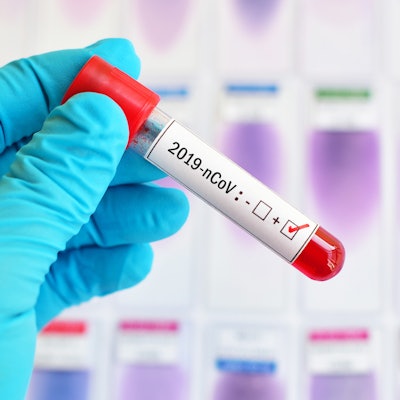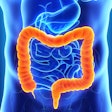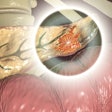
Laboratory-developed tests (LDTs) to diagnose whether patients are infected with the SARS-CoV-2 virus will not have to undergo review by the U.S. Food and Drug Administration (FDA), according to an August 19 guidance by the U.S. Department of Health and Human Services (HHS).
In the guidance, the HHS said that the FDA will not require labs to go through premarket review of LDTs for COVID-19 before they can be used on patients. Labs can choose to seek emergency use authorization (EUA) from the FDA if they wish, and the agency will adjudicate these submissions.
Labs that wish to use LDTs must do so understanding that these tests will not be eligible for coverage under the Public Readiness and Emergency Preparedness (PREP) Act, which gives the federal government new authority in the wake of the public health emergency caused by the COVID-19 outbreak. LDTs are also subject to regulation by the U.S. Centers for Medicare and Medicaid Services under CLIA.
Labs that have an EUA to detect SARS-CoV-2 or its antibodies are unaffected by the announcement, according to a statement on the HHS website.
The agency's move was lauded by lab industry observers, including the American Association for Clinical Chemistry (AACC), which noted that the directors of clinical laboratories already meet stringent regulatory requirements under CLIA, according to David Grenache, president of AACC.
Grenache noted that CLIA-regulated labs performed some of the first COVID-19 tests when the pandemic began, before the FDA-approved tests became available.
"Unlike commercial test kits sold by manufacturers to various healthcare entities, laboratory-developed tests are used only by the lab that created them," Grenache noted in a statement. "AACC looks forward to continuing to work with HHS, FDA, and this administration to ensure that patients receive accurate, timely testing unhindered by duplicative federal regulation."


















